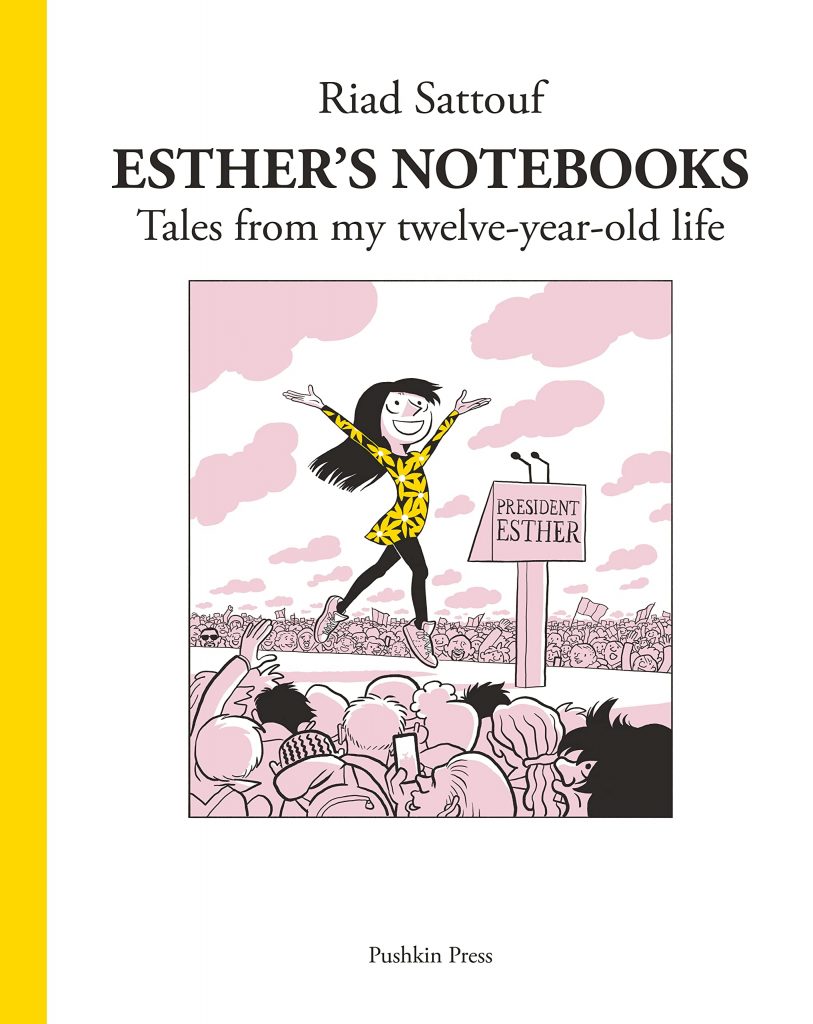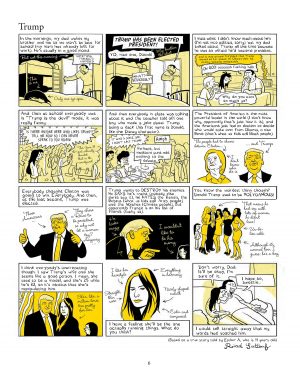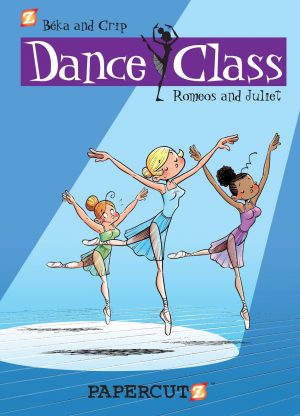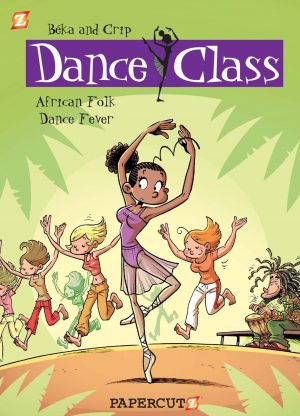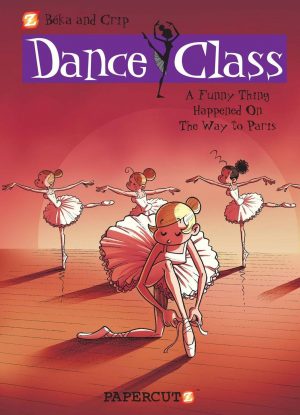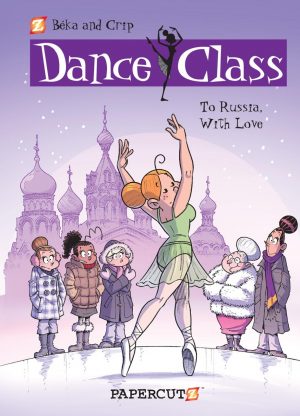Review by Ian Keogh
A third airing of Esther’s thoughts about the world reveals her maturing and becoming more aware of the wider world. As transcribed by Riad Sattouf, it’s still charming and funny, but Esther’s now noticing more, while the world intrudes into her life, two pages occupied by an alarm at her school signifying the school is being attacked. Don’t worry, it’s just a test, although a surprisingly inhumane one given only Esther’s view on it.
She’s reluctantly drawn into conversation about the 2016 French Presidential elections by her father’s viable fear that right wing candidate Marine Le Pen could win. The election itself doesn’t greatly interest Esther, except her father’s announced the family will move to Belgium should Le Pen win, and Esther fears leaving her neighbourhood and friends. The opinions are coloured by her older brother’s belief in the Illuminati secretly controlling the world, amusingly mislabelled “The Illuminettes” by Esther. The entire family laugh, but she salvages her embarrassment by giving the matter some thought and coming up with a high school TV show proposal about the Illuminettes.
Her greater maturity is also evident in observations she makes about herself and others, proving Esther’s got her head screwed on when it comes to the important matters of life. It also means that her thoughts on a topic sometimes can’t be confined to a single page, and on several occasions Sattouf extends them over two. For all the fun Esther makes of her older brother Antoine, an interesting pair of strips concern first her thoughts on wealth, then Antoine provoking their father about his views being little more than envy.
Esther’s creative imagination continues to be a source of wonder and the longest connection of pages concerns the four pages of her vampire story. With the right treatment it would be okay, but instead of fully plotting her story first, Esther starts out and keeps going. By the fourth episode she’s begun to consider the possibilities of being a vampire, but has lost interest in the story. She’s very interested, though, when told that there’s been some interest in making a film of Esther’s Notebooks, providing casting suggestions, and there’s also a great single page extrapolation of her thoughts on the future. Here, though, it’s presumed that Sattouf is left to provide the designs.
Esther’s Notebooks began as a funny series of observations by a young girl trying to make sense of the world. The humour has toned down as it’s become a fascinating glimpse into her development. While there’s still a great love for her father, his actual presence in the strips is now diminished, and her mother’s almost disappeared, yet there’s no great increase in her mention of friends. Crucially, though, she remains loveable and time spent with her via Esther’s Notebooks remains captivating.
As before, what’s otherwise a series to be enjoyed by anyone from Esther’s age up, gets an adult designation for the swearing.
